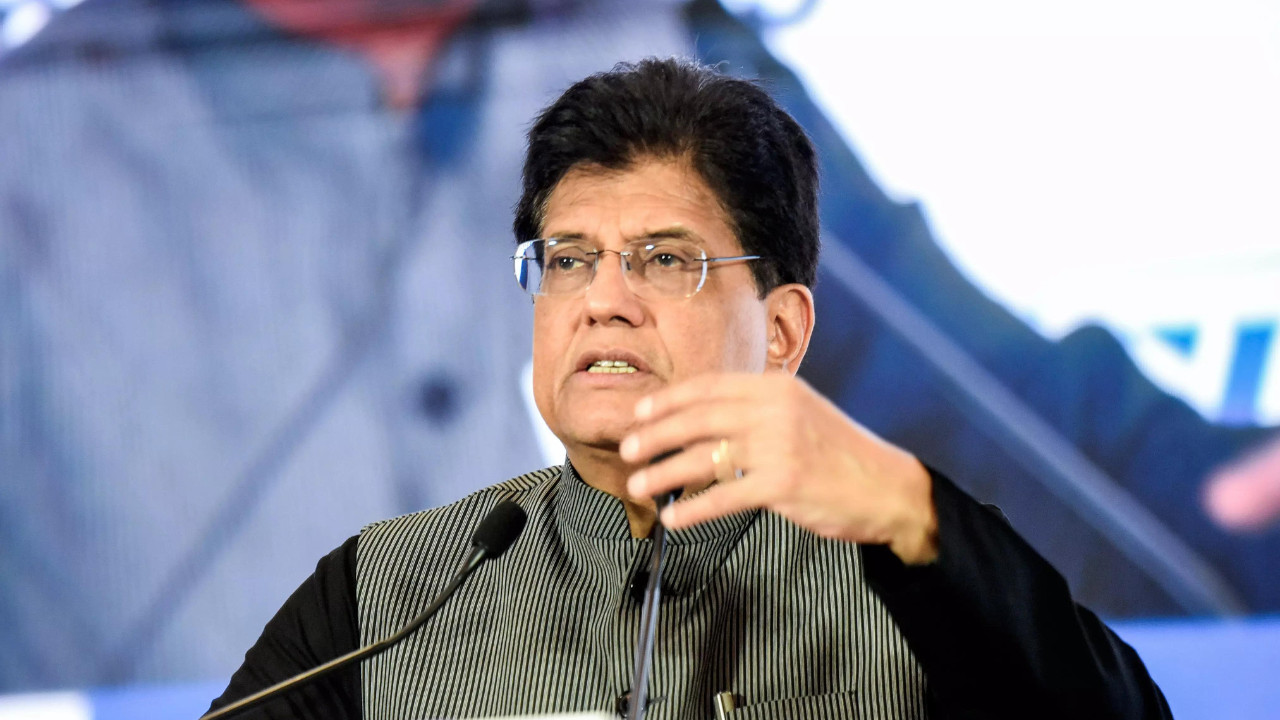JPMorgan Chase CEO Jamie Dimon anticipates AI will stabilize or grow the bank’s workforce, focusing on efficiency gains and redeploying employees. While acknowledging AI’s potential to reduce some workloads, he believes it will create new jobs in data and technology, countering widespread job loss concerns.
The AI Revolution: Friend or Foe of Your Career?
Jamie Dimon, the straight-talking CEO of JPMorgan Chase, recently tossed a provocative statement into the already turbulent waters of the AI debate: artificial intelligence will steal your job. Not might, not could… will. It’s a bold assertion, one that’s guaranteed to raise eyebrows and trigger a fresh wave of anxiety in a workforce already grappling with rapid technological change. But before we all start dusting off our resumes and stocking up on canned goods, let’s unpack what Dimon actually said and what it really means for the future of work.
Dimon’s comments, made amidst ongoing layoff anxieties across various sectors, weren’t intended to be entirely apocalyptic. He tempered his declaration by acknowledging the massive potential of AI to boost productivity and even create new job categories – roles we can scarcely imagine today. He even went on to lavish praise on Nvidia, calling them an “unbelievable company” and highlighting their pivotal role in powering the AI revolution. This isn’t a Luddite railing against technology; it’s a seasoned business leader recognizing a fundamental shift.
The key takeaway is not that all jobs will vanish. Rather, the nature of work is poised for a radical transformation. Tasks that are repetitive, data-heavy, and easily automated are undoubtedly at risk. Think about roles in data entry, basic customer service, and even some aspects of financial analysis. AI can perform these functions faster, cheaper, and with fewer errors. But before you panic, consider this: AI is a tool. And like any tool, its impact depends on how we choose to wield it.

Will AI Really Take Over? Understanding the Nuances
The real question isn’t whether AI will eliminate jobs entirely, but which jobs will be most affected and how we can adapt to this new reality. For example, while AI might automate routine tasks for financial analysts, it can also free them up to focus on higher-level strategic thinking, relationship building, and complex problem-solving. The skills that will be in demand are those that AI cannot easily replicate: creativity, critical thinking, emotional intelligence, and adaptability.
This requires a proactive approach. Individuals need to invest in continuous learning, acquiring new skills that complement AI capabilities. Companies, too, have a responsibility to reskill and upskill their workforce, preparing them for the jobs of the future. It’s about leveraging AI to augment human capabilities, not replace them entirely.
Beyond the Hype: A Realistic Look at the Future
The AI revolution isn’t just about job losses; it’s about opportunity. Consider the burgeoning field of AI development, maintenance, and ethics. These are entirely new job categories that are directly created by the advancement of AI. Moreover, AI can be a powerful tool for innovation, driving the creation of new products, services, and entire industries.
Dimon’s praise for Nvidia is particularly telling. The company’s success is a testament to the massive demand for the hardware and software that powers AI. This demand is creating a ripple effect, generating jobs and opportunities across the technology sector.
Navigating the Changing Landscape of AI Jobs
So, how can you prepare for this AI-driven future? Here are a few key strategies:
* Focus on uniquely human skills: Develop your creativity, critical thinking, communication, and emotional intelligence. These are the skills that AI struggles to replicate.
* Embrace lifelong learning: Stay up-to-date on the latest technological advancements and be willing to learn new skills throughout your career.
* Seek out opportunities to work alongside AI: Look for ways to integrate AI into your current role and learn how to leverage it to improve your productivity and efficiency.
* Understand the ethical implications of AI: As AI becomes more prevalent, it’s crucial to understand its potential biases and ethical challenges.
Ultimately, the future of work in the age of AI is not predetermined. It will be shaped by the choices we make today. By embracing a proactive and adaptable mindset, we can ensure that AI becomes a force for good, enhancing human capabilities and creating a more prosperous future for all. Interested in further understanding the impact of technological advancements? Read our article about the future of remote work [here](internal-link-to-remote-work-article).
Conclusion: Embracing the AI-Powered Future
Jamie Dimon’s stark warning serves as a wake-up call, urging us to confront the reality of AI’s transformative power. While job displacement is a legitimate concern, it’s crucial to remember that AI also presents immense opportunities for innovation, growth, and the creation of new types of AI jobs. The key is to adapt, learn, and focus on developing the uniquely human skills that will be essential in the AI-powered future. The AI revolution is upon us, and it’s up to us to shape its course.







